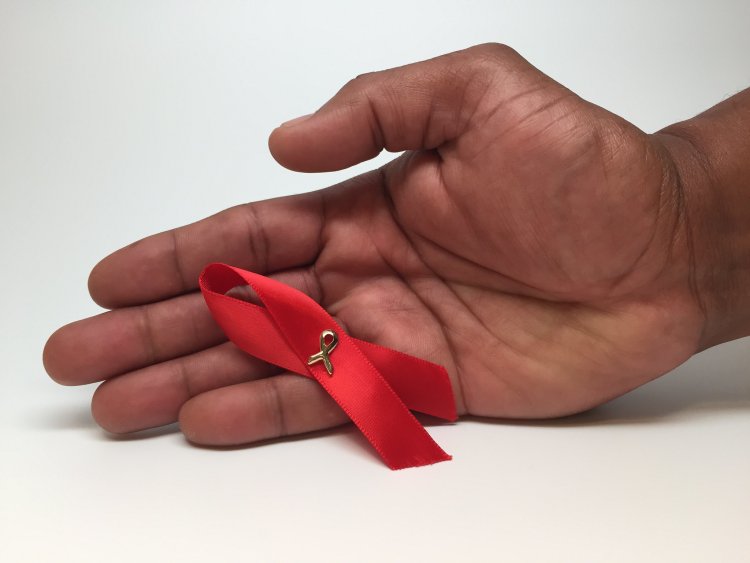HIV and prison conditions: Inter-American Commission of Human Rights grants precautionary measures in Venezuela.

18-10-2022
Patricio Trincado Vera
International Justice and Human Rights Researcher
Global Human Rights Defence
In its resolution 52/2022, the Inter-American Commission on Human Rights requested the state of Venezuela to adopt the necessary precautionary measures to protect the rights to life, personal integrity, and health of Mr. C.A.Z.S.
C.A.Z.S. has lived with human immunodeficiency virus (HIV) since 2012. In 2020 he was imprisoned for a gender violence crime in the headquarters of the Body of Scientific, Criminal, and Criminalistic Investigations (CICPC by its acronym in Spanish) in Plaza de Toro, Valencia. Since then, the beneficiary has not had access to the antiretroviral medicines for his treatment. As a consequence, C.A.Z.S has developed acquired immunodeficiency syndrome (AIDS) related symptoms, such as dizziness, fever, headaches, and muscle weakness. Furthermore, the beneficiary denounced that his prison conditions are deplorable due to the lack of proper nutrition, solar light, and adequate bed, which has worsened his health. Besides, he has faced discrimination for beign HIV positive from both his fellow immates and from the CICPC personnel. Since June 2020, his defence has been requesting to the tribunals the transfer of the beneficiary to a medical facility for an evaluation of his HIV condition. However, despite the fact that the tribunals have ordered the transfer, the CICPC authorities have not complied.
When analysing the case, the Commission reminded that according to Inter-American standards, the State has a special position as guarantor with respect to persons deprived of liberty, which implies the duty to respect their rights to life, personal integrity and health in order to maintain the necessary conditions for a life with dignity (vida digna). Similarly, based on the priciple of non-discrimination, the States has the duty to create conditions of real equality for those groups that have more risk of being discriminated, such as HIV positive people. Furthermore, the Inter-American Court has stated in its case-law that the right to health is essential for the adequate exercise of other human rights. Particularly in relation to HIV, the Court has stated that the States have to take all the necessary measures to ensure the supply and accessibility to all services and information for the prevention, treatment and support of HIV positive people, including the access to antiretroviral medications.
Consequently, and considering the information provided by the applicant and the State, the Commission granted precautionary measures, requesting Venezuela to adopt the necessary measures to protect the rights to life, personal integrity, and health in favour of C.A.Z.S.. Article 25 of the Commissions’ Rules of Procedure states that the Commission can request precautionary measures that concern serious and urgent situations that present a risk of irreparable harm. Specifically, the Commission requested the access to and adequate medical treatment, including access to antiretroviral medications, as well as the access to diagnostic and exams that allow to evaluate the beneficiary's health conditions according to international human rights standards.
Sources and Further Reading:
Inter-American Commission of Human Rights (2022, October 12). La CIDH otorga medidas cautelares a favor de C.A.Z.S. en Venezuela. Inter-American Commission of Human Rights Press releases. Retrieved October 18, 2022, from http://www.oas.org/es/CIDH/jsForm/?File=/es/cidh/prensa/comunicados/2022/228.asp
Inter-American Commission of Human Rights (2022, Ocotber 2). Resolución 52/22. Retrieved October 18, 2022, from http://www.oas.org/es/cidh/decisiones/mc/2022/res_52-22_mc_637-22_ve_es.pdf
Reglamento Comisión Interamericana de Derechos Humanos. Retrieved October 18, 2022, from https://www.oas.org/36ag/espanol/doc_referencia/Reglamento_CIDH.pdf




 GHRTV Author
GHRTV Author 




























